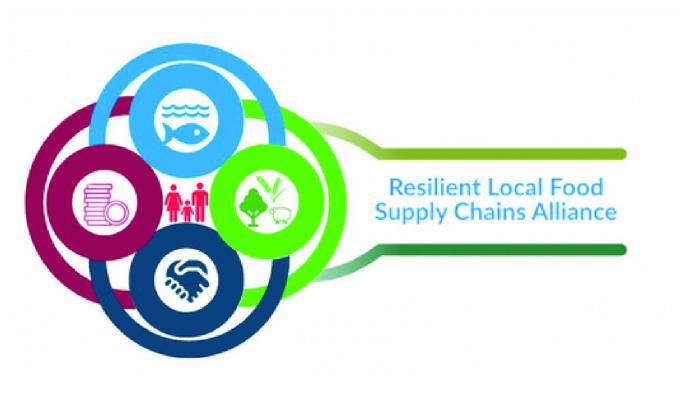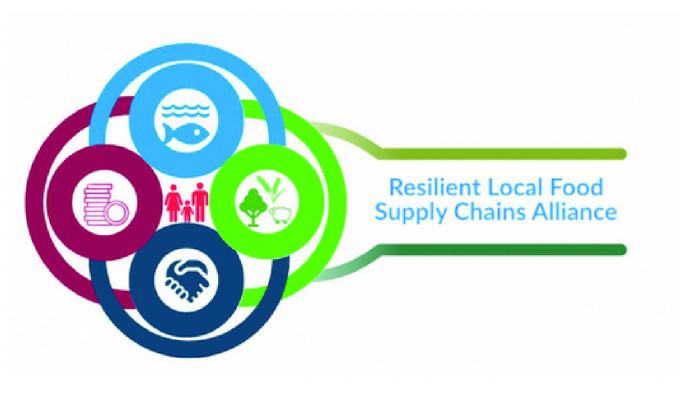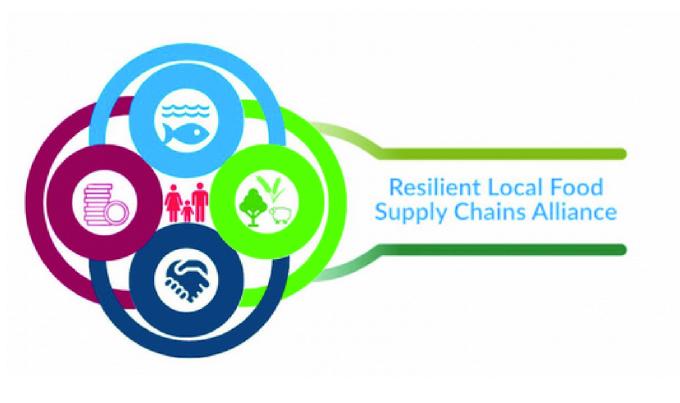GOOD PRACTICE

Empowerment of Moroccan rural women through a cooperative organised for the production of milk and goat cheese
Morocco
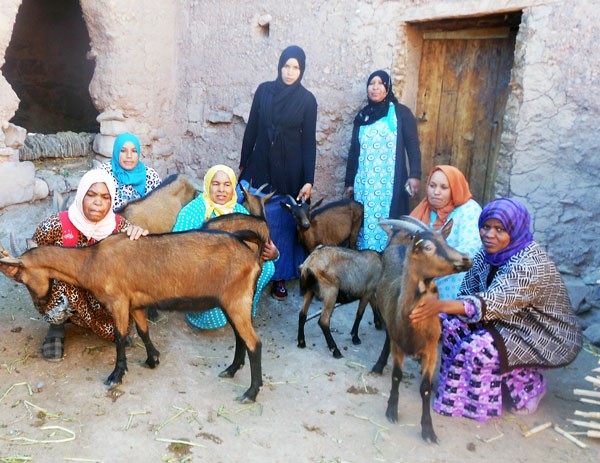
Rural women in the Ouarzazate region face socio-economic challenges. Founded in 2008, the COROSA cooperative addresses these challenges by promoting goat milk production. COROSA provides sustainable livelihoods for over 350 women through goat rearing and cheese making, fostering economic independence and leadership. Investment in training, equipment and marketing increases the viability of the cooperative, empowering women and raising their social status.
You must be registered to see all the content
On the southern slopes of the High Atlas, in the Ouarzazate region, the status of women in rural households remains precarious. Women are responsible for educating their children, feeding and maintaining the household, and managing livestock and land. However, with little or no access to the economy and public life, they suffer from a lack of recognition and their social status is devalued.
In order to remedy this situation, various organisations, both governmental and non-governmental, are trying to provide this population with the keys to this revaluation. In March 2008, the COROSA cooperative was created with the aim of enhancing the value of the goat milk produced in the region and improving the financial situation and social recognition of the village women. COROSA is a women's cooperative for the breeding of goats and the production of cheese.
The living conditions of rural women are being improved through goat rearing, the Corosa cooperative is providing a sustainable economic opportunity for more than 350 women, and the emergence of women leaders is enabling their active participation in the management of Corosa.
Improvement and reinforcement of the women's goat farms through the purchase of goats and billy goats, materials for animal sheds, training in livestock management and animal health, consolidation of the profitability and organisation of the COROSA cooperative through the training of employees in the production of cheese adapted to the tastes of Moroccan consumers and the marketing of products and the search for new customers. Finally, increasing processing capacity by purchasing and installing storage and processing equipment: vats, yoghurt maker, cheese press, and improving transport and delivery means.




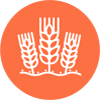



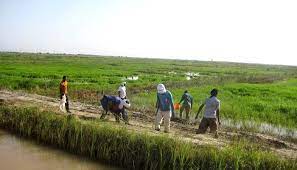
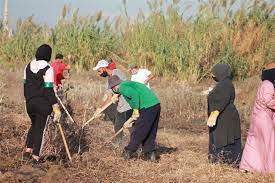
.jpg)

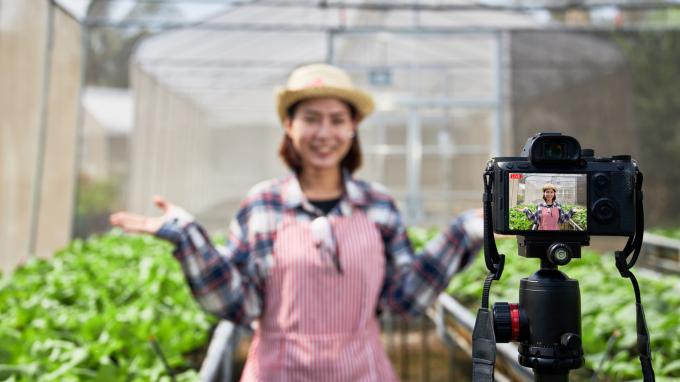
.png)
